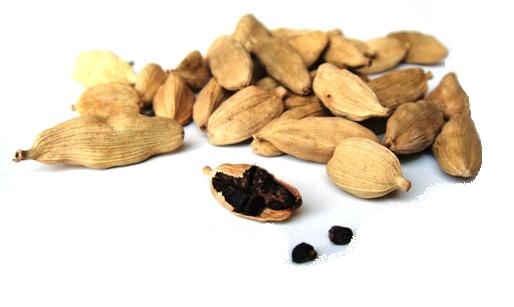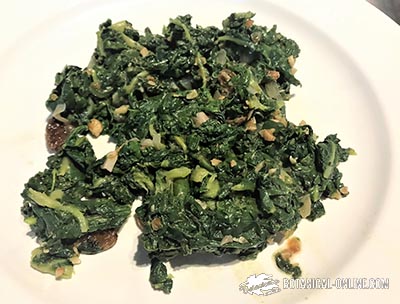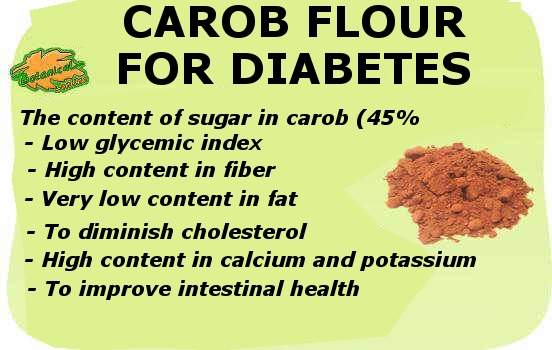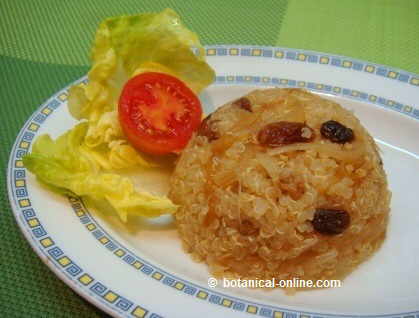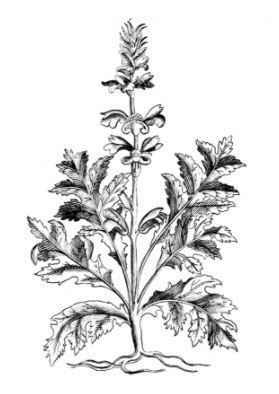Contents
Vegetables in the Mediterranean diet
THE IMPORTANCE OF VEGETABLES IN THE MEDITERRANEAN DIET
Vegetables are a group of essential nutrients in the Mediterranean diet. They are consumed abundantly and a great variety can be purchased in the market.
The mild climate of the Mediterranean region has allowed the cultivation of various plants. Many of them are foreign foods.
Most vegetables of the Mediterranean diet that can be found today were introduced during the Arab conquests.
The Arabs gave a central role to vegetables in their diet. Many foods were expanded as they conquered different places along the Mediterranean area. Hence, the vegetables are a major food group in the Mediterranean culture
Properties of vegetables in the Mediterranean diet
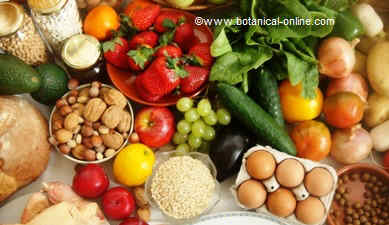
Photo of different food
Vegetables in the Mediterranean diet play a key role because of the benefits they provide, accounting:
- Contribution of fiber: fiber daily amount recommended in adults is 35g., As recommended by the WHO (World Health Organization), The Mediterranean diet, where the vegetable intake is at least five servings a day, meets daily fiber requirements to help maintain good intestinal flora and protect against cardiovascular disease and cholesterol.
The fruits, especially apples, plums, quince and pears, provide pectin, a fiber type. Pectin is a soluble fiber that provides a mellow texture to jams and fruit compotes. This fiber has a positive effect in the intestine, suitable for constipation.
- They are rich in vitamins: vegetables from the current Mediterranean diet are vitamin rich, especially brightly colored vegetables such as carrots, tomatoes, spinach, broccoli, spinach, asparagus, cabbage or some herbs like parsley. They provide folic acid, important for growth, pregnancy and anemia. Also, if consumed raw or in salads, they are a good source of vitamin C.
- They have medicinal properties: vegetables owe their flavor to the fact of containing phytochemicals. Thus, we know that the sulfur compounds of the lily family foods (garlic, onions, etc..)
They are natural antibiotics and expectorants. The pungency of crucifers is because of its cancerfighting compounds, glucosinolates. Bitter plants like dandelion with appetizing properties.
In contrast, fruits contain other medicinal components such as tannins. Tannins give harsh taste to the mouth, characteristic of some fruits like apples or persimmons.
Tannins form a protective layer on the digestive mucosa, so they are very healthful for gastritis and heartburn. However, for its astringent effect, they must be tempered in case of constipation (More information in Properties of the vegetables in the diet.)
*Related information: More foods in the Mediterranean diet
![]() More information on Mediterranean diet.
More information on Mediterranean diet.



